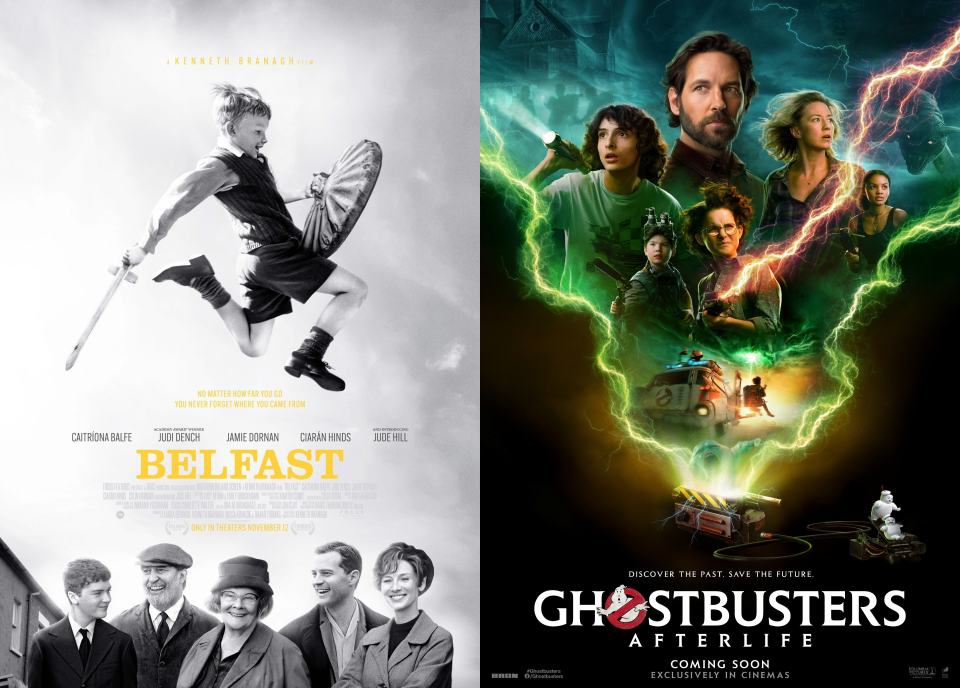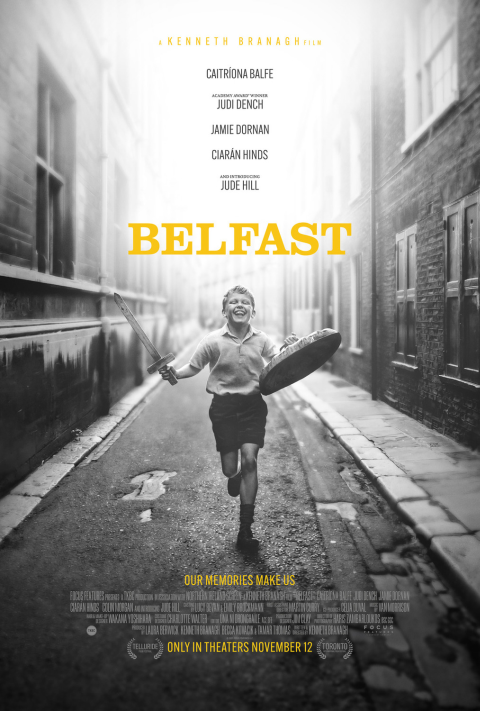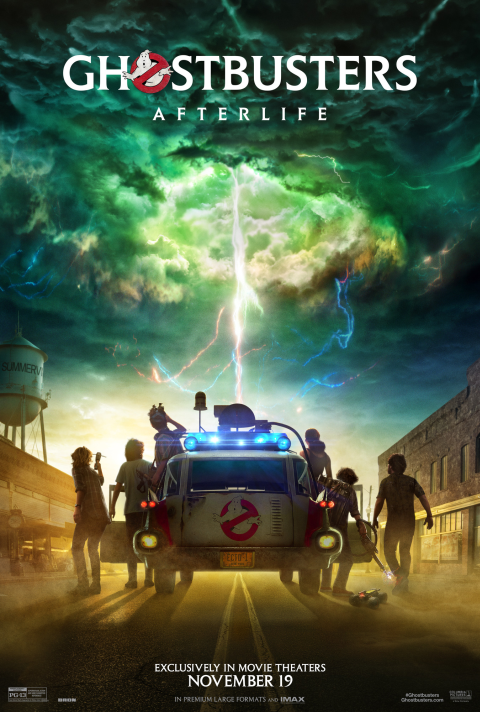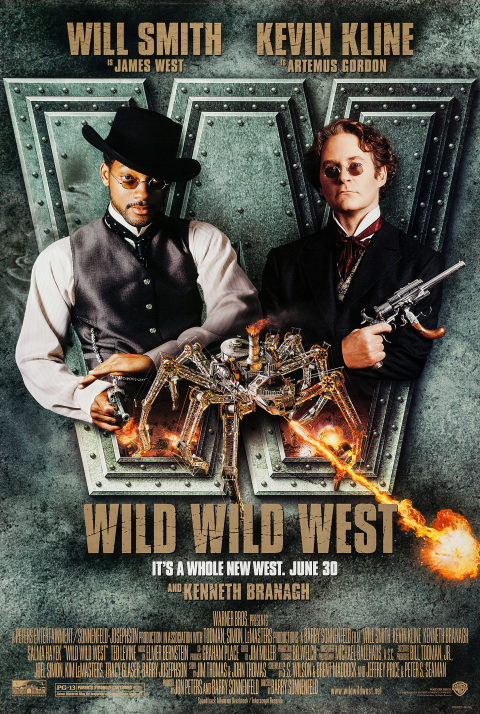
A weird pair? Sure.
Do I care? No.
Let’s get to it.
Written and Directed by Kenneth Branagh
Cast: Jude Hill, Caitríona Balfe, Jamie Dornan, Judi Dench, Ciarán Hinds, Colin Morgan, Lara McDonnell, Gerard Horan, Conor MacNeill, Turlough Convery, Gerard McCarthy, Lewis McAskie, Olive Tennant, Victor Alli, Josie Walker
Soundtrack: Van Morrison
With respect to a bunch of movies that had their releases delayed by the pandemic, I’m not sure I’ve been as excited for a new film in the past couple of years now as I’ve been for Kenneth Branagh’s Belfast.
Now, admittedly, I generally see British Isles accents as a feature and not a bug, so I felt totally comfortable diving into Belfast in a theater, rather than the comfort of home where I can turn on subtitles, but the movie is so much more than that.
Kenneth Branagh’s semi-autobiographical tale of young life in Belfast at the start of “The Troubles” is, in terms of pure cinema, maybe the best thing he’s ever directed, which is something given his resume. The black and white palate (with color occasionally mixed in for effect) helps to put the story in its time, but the cinematography itself frequently evokes the perspective of a child, which is one of the major points of the whole piece.
If I have any criticism at all, it’s that, there is one, maybe two scenes that feel a bit out of place with the rest of the film, but the performances are all on point, it looks beautiful, it feels beautiful, and, while it does touch on some darker subject matter (such is life), it still manages to be a joyful film throughout. I doubt anyone will ever classify Belfast as a “Christmas Movie”, but it gets honorary status in my book.
It deserves every award bestowed.
Rating: ★★★★½ (out of five)
Directed by Jason Reitman
Written by Gil Kenan & Jason Reitman
Cast: Mckenna Grace, Finn Wolfhard, Carrie Coon, Paul Rudd, Logan Kim, Celeste O’Connor, Oliver Cooper, Bokeem Woodbine, Marlon Kazadi, Sydney Mae Diaz, Tracy Letts
Soundtrack: Rob Simonsen
Speaking of movies pushed back by the pandemic though, I was admittedly more cautious heading into Ghostbusters: Afterlife, being a huge fan of the first and even second movie in the series.
I’ve said this before in relation to Star Wars: I do my best to be concerned with the quality of the movies in beloved franchises first, before examining fan stuff like “canon” (Rogue One didn’t pass muster).
By that standard, Afterlife may be the best of the recent “nostalgia films”, in no small part because somebody not only bothered to write a solid screenplay first, but then had the directorial vision to follow through on it, rather than letting the cast take over the movie with incessant improvisation (not that I’m talking about any project in particular).
Is there “fan service” in Afterlife? Yes.
Is it at an unforgivable level? I’d say no.
Honestly, the most refreshing aspect of the movie to me is its simplicity, both in the overall story and in the “action” set pieces. There aren’t 500 CGI shots that come from an impossible camera angle that instantly take me out of the movie; it’s mostly down to earth stuff that conveys a real sense of risk and danger.
Now, does it “match the tone” of the 1984 film?
For the most part, I’d say yes.
The beauty of the original is that, while it is a comedy film that makes us laugh, the world of the movie is treated 100% real, which allows you to make a sequel film decades later that is a slightly different animal; but, on a binary, the dry humor is still there in Afterlife.
Kudos to Jason Reitman, who was resistant to the idea of making “Ghostbusters 3” for a long time, but ultimately may have been the perfect person to do it.
And, I have to say, as much as the marketing team may have been playing up the Stranger Things comparisons, I would not make that comparison at all. Believe it or not, you can have multiple properties with kids in them that are not the same.
Rating: ★★★★☆





